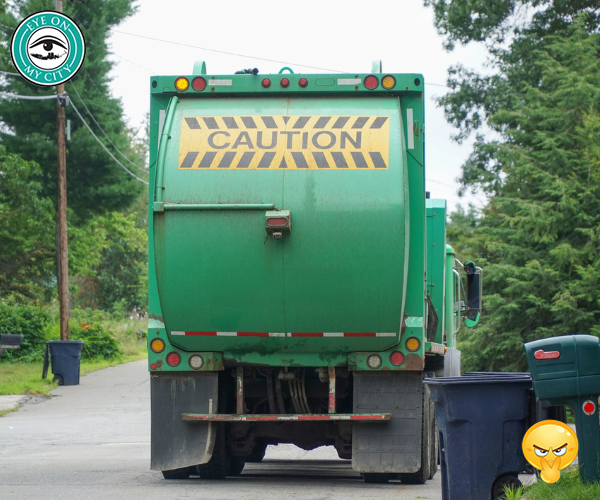
Hurricane season began June 1, so Florida residents can brace themselves for the annual storm of “price gouging” accusations.
This great bogeyman comes into play every year, and one highlight of it is the loud promises by politicians to protect Floridians from the supposed ravages of a free market.
Years ago, one champion was the political chameleon known as Charlie Crist, then attorney general and a registered Republican.
He blustered that there would be no price gouging on his watch.
As I recall, he filed one case, against a hotel that raised its rates from $50 a night to $100 a night.
But such a move increases the number of rooms available. At the higher price, some more affluent family might rent separate rooms for parents and children, leaving some less affluent family without a place to stay if their home had been demolished.
There are always plenty of complaints. In 2017, the attorney general’s office got 8,000 of them from folks who said merchants were charging too much for items such as gas, food and ice.
Florida is one of 34 states with laws against that sort of thing. Florida’s 1992 law prohibits “unconscionable” price increases — whatever that is — during emergencies.
But, like unicorns, actual cases of price gouging are difficult to find.
Typically, businesses will raise prices on items that are in high demand because they are harder to get.
If the price remained the same, real price gougers could swoop in and buy the items then sell them second-hand at black market prices. Or, people who didn’t really need them would snap them up making the items scarce for people who actually did need them.
I recall that during Hurricane Andrew, a woman on welfare in Tampa bought up ice and other items, loaded them in her pickup truck, drove to Miami and sold them at higher prices to people who could not get them in local stores and would glad to pay her price, which covered her expenses, time and effort.
Similarly, in 1996 four young men in Goldsboro, NC, rented refrigerated trucks, bought 500 bags of ice for $1.70 a bag and drove to Raleigh, which had been hit by Hurricane Fran. They charged $12 a bag and, again, people were glad to pay.
Prices are signals, and one of the signals they send when they rise is that there is a scarcity of the good and you should not buy it unless it is something you need badly.
It is important to note that in cases of what people call “price gouging,” no one is being forced to pay for anything. They part with their money of their own volition.
If businesses have to pay more because their suppliers have raised their prices, how is it gouging anyone to pass along the costs?
People who have not been educated by government schools in basic economics seem to think a business has some moral duty to supply goods during an emergency at a loss. But they would be more entitled to their claim of moral superiority if they donated their own money to the poor so the poor could afford goods they want, or provided needed goods to their poor at their expense.
The media also indulges in unabashed virtue-signaling each hurricane season because price gouging fits their narrative that capitalism is evil.
As Hurricane Irma was approaching in 2017 claims of gouging soared. But Attorney General Pam Bondi also noted, “We’re really seeing a lot of good people working together, along with the bad people who I will put out of business,” Bondi said. (She didn’t put anyone out of business, although a Google search found a handful of cases. For example, she got a $1,500 fine against a company in Riviera Beach that had raised diesel prices 35 percent during Irma.)
She also said Chevron had been “great” after complaints about a franchise owner, and Amazon had been as well. Airlines like JetBlue, American, Delta and United had been “unbelievable,” waiving pet and change fees and capping prices on flights, Bondi said.
Eye on Jacksonville asked the Florida attorney general’s office for information about the numbers of cases filed in recent years and the dispositions, and we were advised that since 2017 the consumer protection division of that office has obtained only 42 price gouging settlements, including six court judgments. This resulted in nearly $700,000 in refunds to consumer and penalties.
Meanwhile, the attorney general’s office has good advice people might want to bear in mind during any natural disasters.






